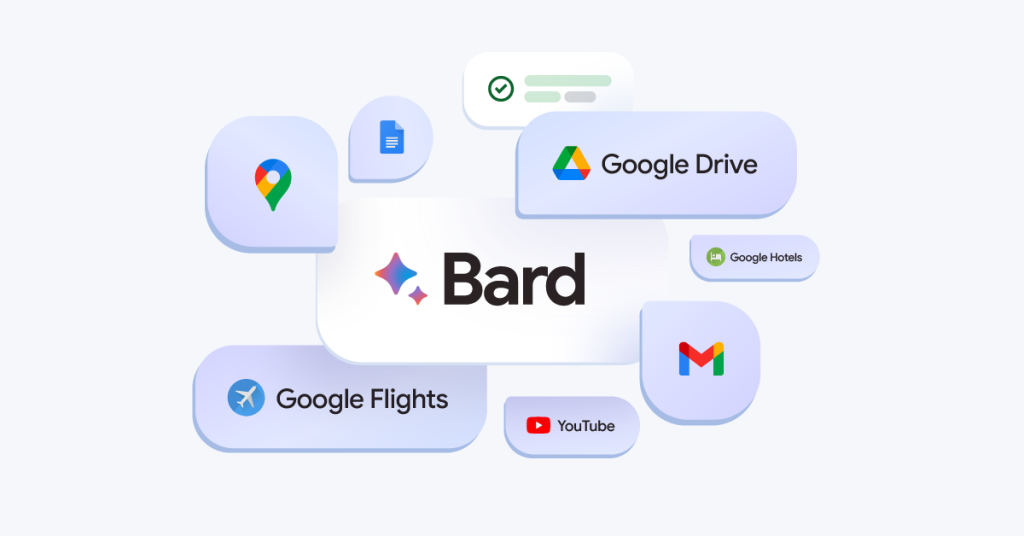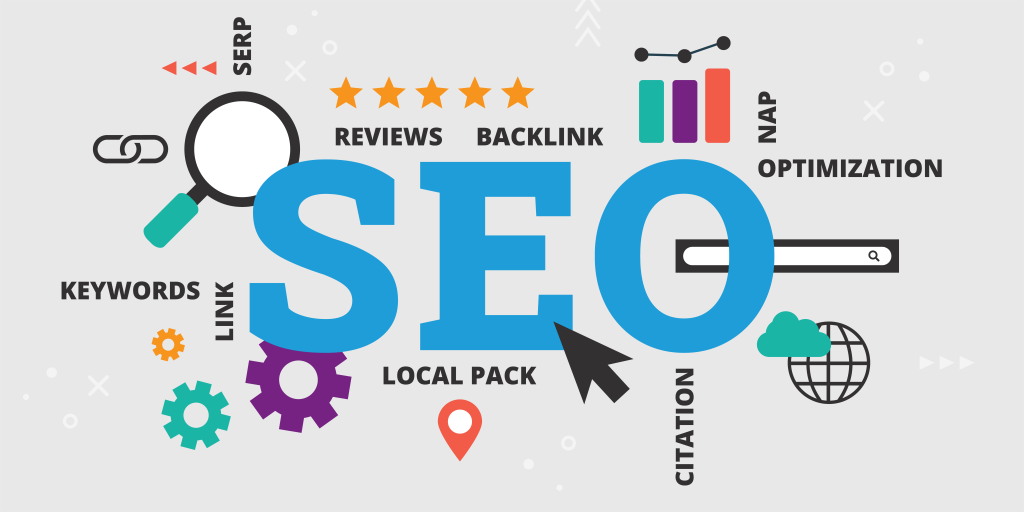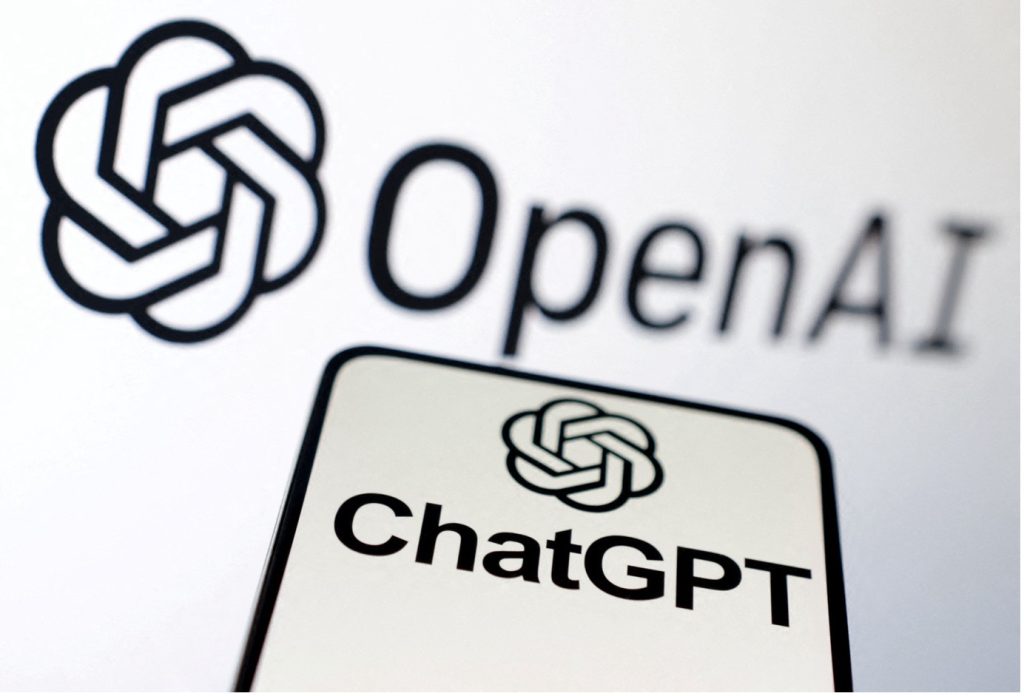
The advent of generative artificial intelligence (AI) is reshaping the digital landscape, especially in the realms of search engines and digital marketing. Traditional search engines have long relied on algorithms that analyze keywords, links, and historical data to generate results. However, with the introduction of generative AI, there is a paradigm shift in how information is retrieved, presented, and utilized. This article explores how generative AI is disrupting search, search engines, and digital marketing, examining the technology’s potential benefits and challenges for both industries.
1. The Rise of Generative AI in Search
Generative AI, particularly large language models (LLMs) like OpenAI’s GPT-4 and Google’s BERT-based systems, is capable of producing human-like text and even understanding context at a level that was previously unattainable. These models analyze vast amounts of text data and can generate responses, articles, and insights rather than just directing users to existing web pages. This capability represents a shift from traditional search, which relies on retrieving and ranking web pages, to AI-enhanced search, which is increasingly focused on generating direct answers to user queries.

2. The Changing Landscape of Search Engines
Generative AI is not only changing how search engines function but also redefining the roles of established players like Google and newer entrants like Microsoft’s Bing, which now integrates OpenAI’s ChatGPT. Microsoft has already observed increased user engagement on Bing due to the integration of ChatGPT-powered answers alongside traditional search results (Microsoft, 2023). By merging generative AI with search engines, Bing and other platforms are beginning to offer users a hybrid experience where they can toggle between AI-generated responses and conventional search results.
In response to these advancements, Google launched Bard, its own generative AI chatbot, aimed at competing directly with ChatGPT in providing conversational and context-based responses. This shift towards AI-assisted search means that search engines are evolving from information retrieval systems to knowledge-generation tools, where answers are synthesized, often eliminating the need for users to explore external sites.
However, this shift has raised concerns about transparency and accuracy. Generative AI models occasionally produce “hallucinations”—inaccurate information that appears plausible—which can be problematic in search applications where reliability is crucial (OpenAI, 2023). Ensuring that AI-generated content aligns with factual data and meets user expectations for accuracy remains a significant challenge for search engines using generative AI.

3. Impact on Digital Marketing and SEO
The incorporation of generative AI in search engines is causing ripple effects in digital marketing and search engine optimization (SEO). As generative AI provides more direct answers, the traditional SEO practices that rely on ranking high on SERPs are being challenged. With fewer users clicking through to websites, organic traffic could potentially decline, which may force marketers to rethink strategies for visibility and engagement.
SEO professionals are now focusing on optimizing for AI-generated answers rather than merely competing for the top position in traditional search results. For instance, optimizing content with schema markup and structured data can help AI algorithms understand the context and relevance of information, making it more likely to be included in AI-generated answers. Content that addresses specific user intents and queries in a concise, clear manner also has a better chance of being selected by generative AI for direct answers, underscoring a shift towards quality over quantity in content creation.
Moreover, generative AI can produce marketing content itself, from blog posts and product descriptions to social media posts and email newsletters. This capability is transforming content marketing by making it faster and more cost-effective, though it raises questions about authenticity, creativity, and brand voice. While AI-generated content can be useful for efficiency, maintaining a unique, human touch in marketing materials is essential to preserve brand identity and foster customer trust.

4. The Future of Generative AI in Search and Digital Marketing
Looking forward, the integration of generative AI into search and digital marketing is expected to deepen. Hybrid models that blend traditional search methods with AI-generated responses will likely become the norm, offering users a mix of factual retrieval and generative insights. Additionally, as generative AI becomes more sophisticated, it may enable hyper-personalized marketing experiences, tailoring content not only based on user preferences but also anticipating needs and behaviors (Accenture, 2023).
To navigate these changes, marketers will need to adopt a proactive approach to AI literacy, understanding both the capabilities and limitations of generative AI tools. Collaborations between marketers and data scientists will become increasingly valuable, enabling businesses to leverage AI-driven insights without compromising on accuracy or ethical standards.
In conclusion, generative AI is reshaping search engines and digital marketing by transforming the ways users interact with information and brands. As this technology continues to evolve, it offers tremendous potential for enhancing user experience and efficiency. However, the industry must address challenges related to accuracy, ethics, and the potential economic impact on content creators to ensure that generative AI develops in a responsible and sustainable way.
